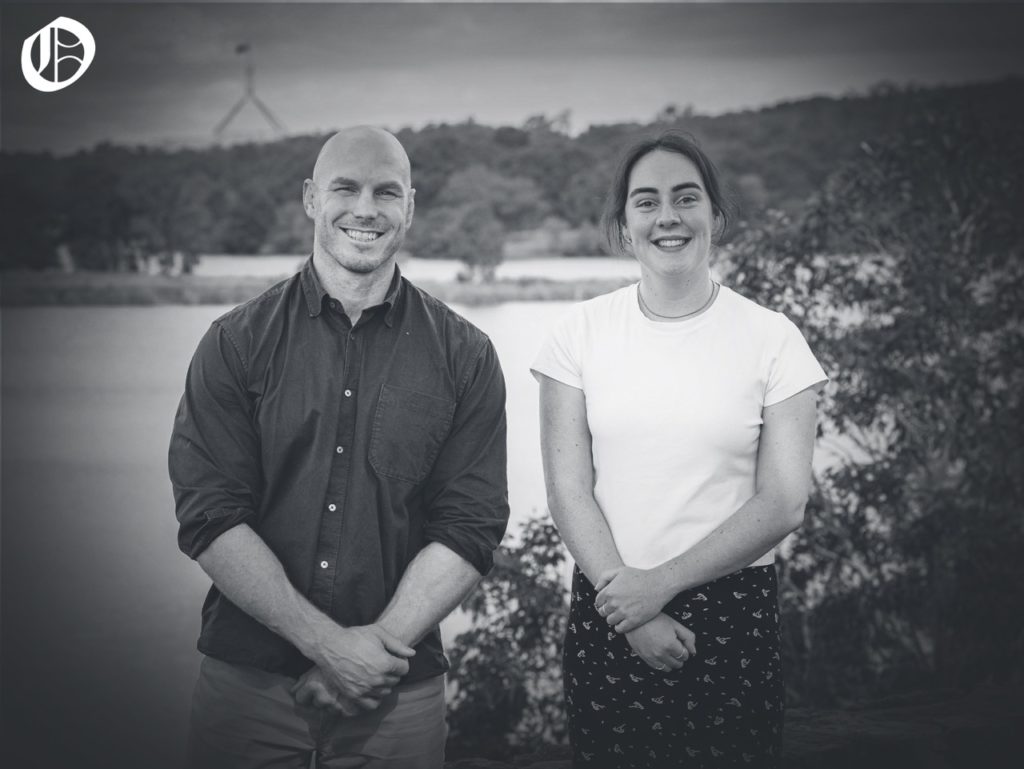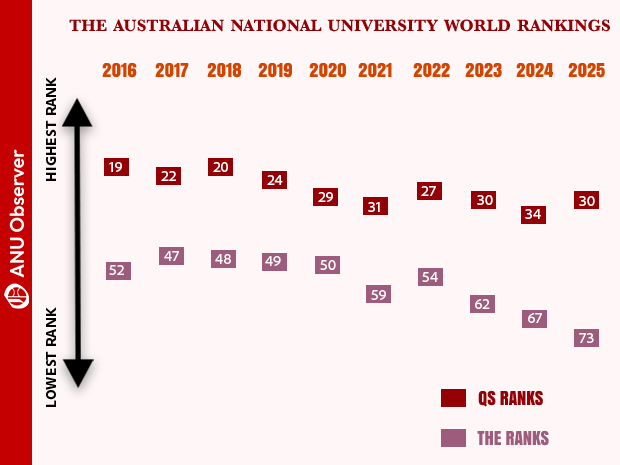Residence Culture ‘Positive’, But Students Dissatisfied with SASH Responses: Nous Review
By Jessica Whiting and Eliza Croft
Content Warning: Sexual assault and harassment, hazing, institutional betrayal.
The Nous Group’s report into sexual assault and harassment in student residences was released last week. The report concludes that, although there is “a strong and positive culture” at residences, the pastoral care system needs improving, and students are often dissatisfied with the response of hall administration.
Generally, the report noted that residence culture was “strong and positive”, noting “little evidence of hazing incidents”. However, the report articulates distrust amongst the community towards current reporting procedures. Only 9% of students surveyed were comfortable talking to residential staff about an incident.
ANUSA President Eden Lim described the survey results as “distressing”. Only 32% of residents who reported an incident felt “listened to, believed”, and “had [their] needs met”. Further, 43% of residents felt like staff did not adequately respond to their report.
A cumulation of student surveys and focus groups this year, the review makes 12 recommendations, which includes new initiatives not yet discussed publicly. This includes making undergraduate students leaders be at least in their third year of study, and changing employment conditions to make positions more “competitive”. Schmidt confirmed that ANU is “committed” to implementing all twelve recommendations. In terms of monitoring, the report sets out a series of Key Performance Indicators (KPIs) for residences. These will be assessed using data – collected from student records and annual surveys in particular.
The report also made recommendations in line with other ongoing university initiatives, including devising cultural change plans, and a single policy for sexual assault and harassment response campus wide. It particularly noted ANU-owned halls and Unilodge practice as “insufficiently progressed”, requiring “standalone” policies. The review recommends a series of processes for responding to disclosures, involving the Respectful Relationships Unit in creating a standard reporting form. The report envisions the Unit to be a ‘co-ordinator’ between the Divisions of Student Life and Student Administration both in facilitating support for survivors, and in opening internal investigations.
Lim said that residences currently place an “unsafe, unfair and unsustainable burden” on student leaders. The report found that students were more likely to disclose to “a select few of student leaders”, noting particular burdens of “prominent representative roles” like ANUSA department officers. Leaders who were women, international students, queer*, or from other diverse groups were found to “disproportionately” receive disclosures. Women’s Officer Priyanka Tomar told Observer, “The burden of responding to sexual assault incidents still unduly falls on young student leaders who often receive inadequate support and training. This needs to be reevaluated.”
The report also found that queer* students were less likely to feel safe in their residences than non-queer* students. LGBTIQ students were more than twice as likely to report feeling “neither safe nor unsafe” or “not very safe” in their residence at night than non-LGBTIA students. Queer* Officer Florin Giles said, “The over-representation of LGBTIA students in instances of assault and harassment is disappointing and distressing.”
The report noted that some international students reported “lower levels of engagement with standard [induction] materials amongst students from culturally diverse backgrounds”. International Students Officer Hazel Ang told Observer, “Based on the review led by Nous Group, it was clear that international students often face a different set of struggles; such as language and/or cultural barriers.”
Tomar told Observer, “Survivors and responders have continually been let down by the current system and it’s about time ANU does something about it.” She called the recommendations a “first step”. Other student leaders similarly said that significant changes will be needed. “Responding to this review will take cultural and structural change,” Lim said. “ANU students deserve to live in safe, inclusive and vibrant communities.”
If you have been sexually assaulted, or affected by a sexual assault, support is available:
Canberra Rape Crisis Centre: (02) 6247 2525 (7am-11pm)
1800 RESPECT (24/7)
ANU Counselling: 02 6125 2442 (9am-5pm, Mon-Fri)
Jessica Whiting was a Residential Advisor at UniLodge in 2017.
Know something we don’t know? Email [email protected] or use our anonymous tip submission.
If you have an issue with this article, or a correction to make, you can contact us at [email protected], submit a formal dispute, or angery react the Facebook post.
Want to get involved? You can write articles, photograph, livestream or do web support. We’re also looking for someone to yell “extra!” outside Davey Lodge at 1AM. Apply today!









